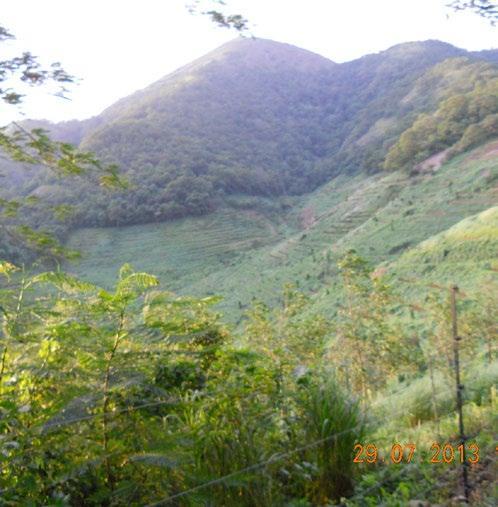The study is being carried out in the Shencottah gap with a primary focus of improving habitat connectivity between the Agasthyamalai and Periyar-Srivilliputhur hill ranges and complements our study to identify critical areas for wildlife corridors. The project targets two conservation priorities, the first is to develop incentive-based mechanisms to encourage land-use changes by landholders in the area that would lead not only a healthier and more productive forest but also the expansion of area under forest cover. Models for such interventions exist in the admittedly very different Australian context, where they have been very successful; the main challenge would be to adapt and re-invent such models in the Indian context. The second is to develop incentive-based mechanisms to work with local individuals and communities to mitigate anthropogenic ecosystem threats (fire, fuelwood collection, and poaching). This is a more demanding and innovative project; and we are convinced, however, that the elements that can make such an approach work are all in place.
A successful demonstration of this approach would be very significant. To date, the government of India has followed an exclusive regulator approach to conservation by demarcating protected areas. However, well managed PAs constitute only 1% of the land area of the country and it is now well recognized that significant expansion of the protected area network is impossible as it would require the displacement of too many people. Avoiding major ecosystem losses, therefore, requires protection in cooperation with local residents outside the protected area network. The government is interested in exploring new approaches that can achieve this. The aim of this project is to create a well-designed, tightly and transparently monitored pilot project to pay individual residents and communities to protect the ecosystem in a low-cost manner. Low costs are essential if the method is to be replicated across the country.
The project successfully identified potential sites where payments for ecosystem services could be used to restore wildlife corridors in private lands.



